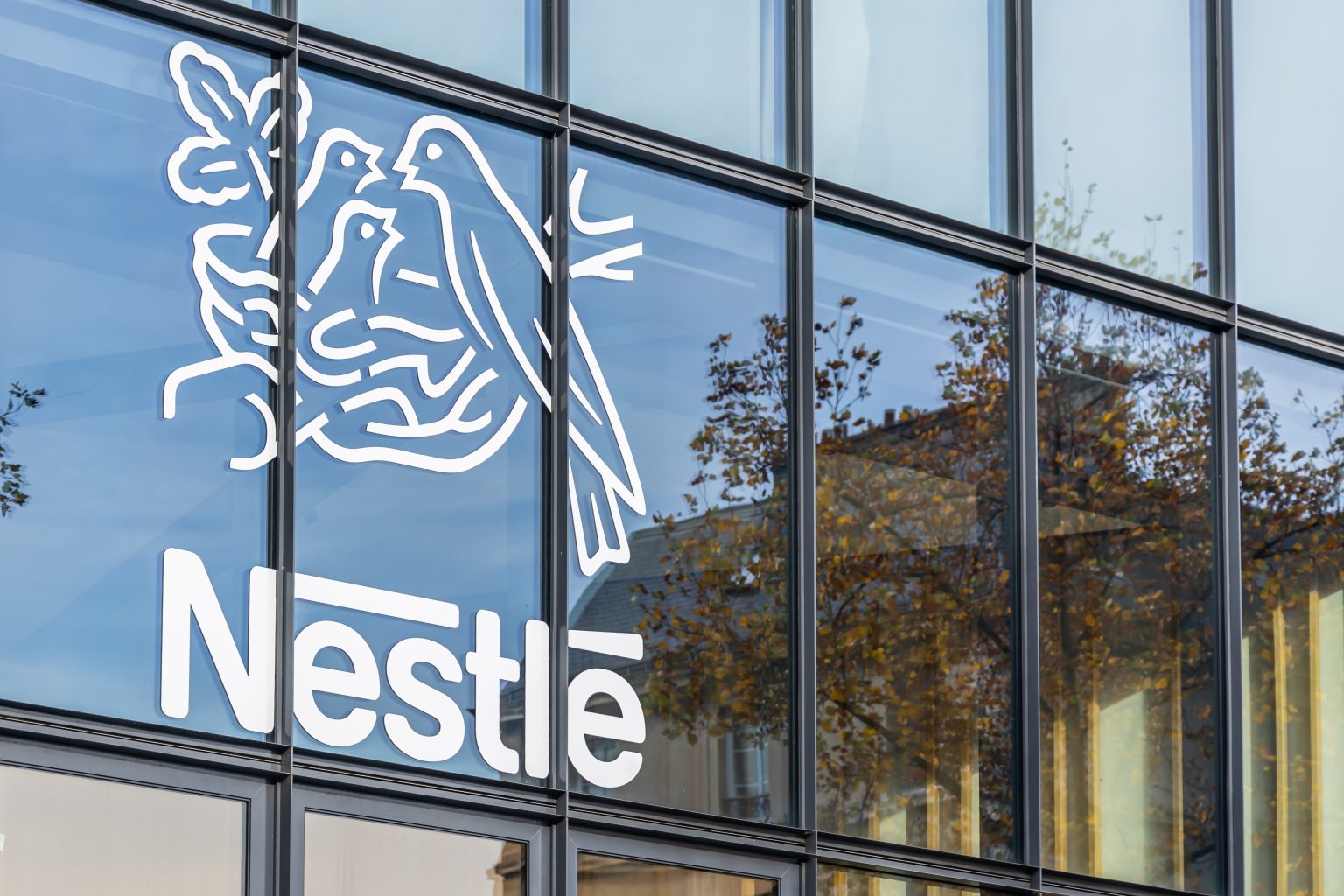A report by Swiss investigative organisation Public Eye has found that Nestlé adds sugar and honey to its infant milk and cereal products marketed in many poorer countries.
Nestlé holds a significant 20% share of the global baby food market, which is valued at nearly $70 billion. In 2022, the company recorded over $2.5 billion in sales from its popular baby food brands, Cerelac and Nido, predominantly in low- and middle-income nations.
Despite advertising these products as crucial for children’s healthy development in its primary markets across Africa, Asia, and Latin America, these practices contravene international guidelines designed to combat obesity and chronic diseases. Public Eye revealed this finding after dispatching samples of Nestlé’s baby food products from Asia, Africa, and Latin America to a Belgian laboratory for analysis.
The testing results exposed the presence of added sugars—either as sucrose or honey—in samples of Nido, a milk formula designed for infants over one year old, and Cerelac, a cereal intended for children aged between six months and two years.
The scrutiny, conducted by the International Baby Food Action Network (IBFAN) and Public Eye, encompassed around 150 products sold in lower-income regions. The investigation revealed that almost all Cerelac infant cereals contain added sugar, averaging nearly 4g per serving, approximately the equivalent of one sugar cube, aimed at infants from six months old. The highest sugar content recorded was 7.3g per serving in a product available in the Philippines.
Moreover, the study found that most Nido powdered milk products for young children aged one to three also contain added sugars, with an average of almost 2g per serving. The highest recorded content was 5.3g per serving, found in a product sold in Panama.
In contrast, similar products marketed by Nestlé in Switzerland and other primary European markets do not contain added sugars.
The World Health Organization (WHO) guidelines for the European region stipulate that no added sugars or sweetening agents should be used in any foods for children under three years of age. While there are no specific guidelines for other regions, researchers maintain that the European document is universally applicable.
The WHO has expressed concerns that early exposure to sugar can instil a lifelong preference for sweet products, heightening the risk of obesity and other chronic conditions. Since 2022, the agency has advocated for a prohibition on added sugars in baby and young children’s products under three years old.
Public Eye criticized Nestlé’s practices in a statement, saying: “Whereas Nestlé recommends publicly to avoid baby foods that contain added sugar, it takes advantage of the weakness of existing regulations to continue selling such products in lower-income countries. Furthermore, the investigation by Public Eye and IBFAN shows that the Swiss multinational uses misleading marketing strategies, such as utilising medical professionals and social media influencers to win the trust of parents in its products.”
